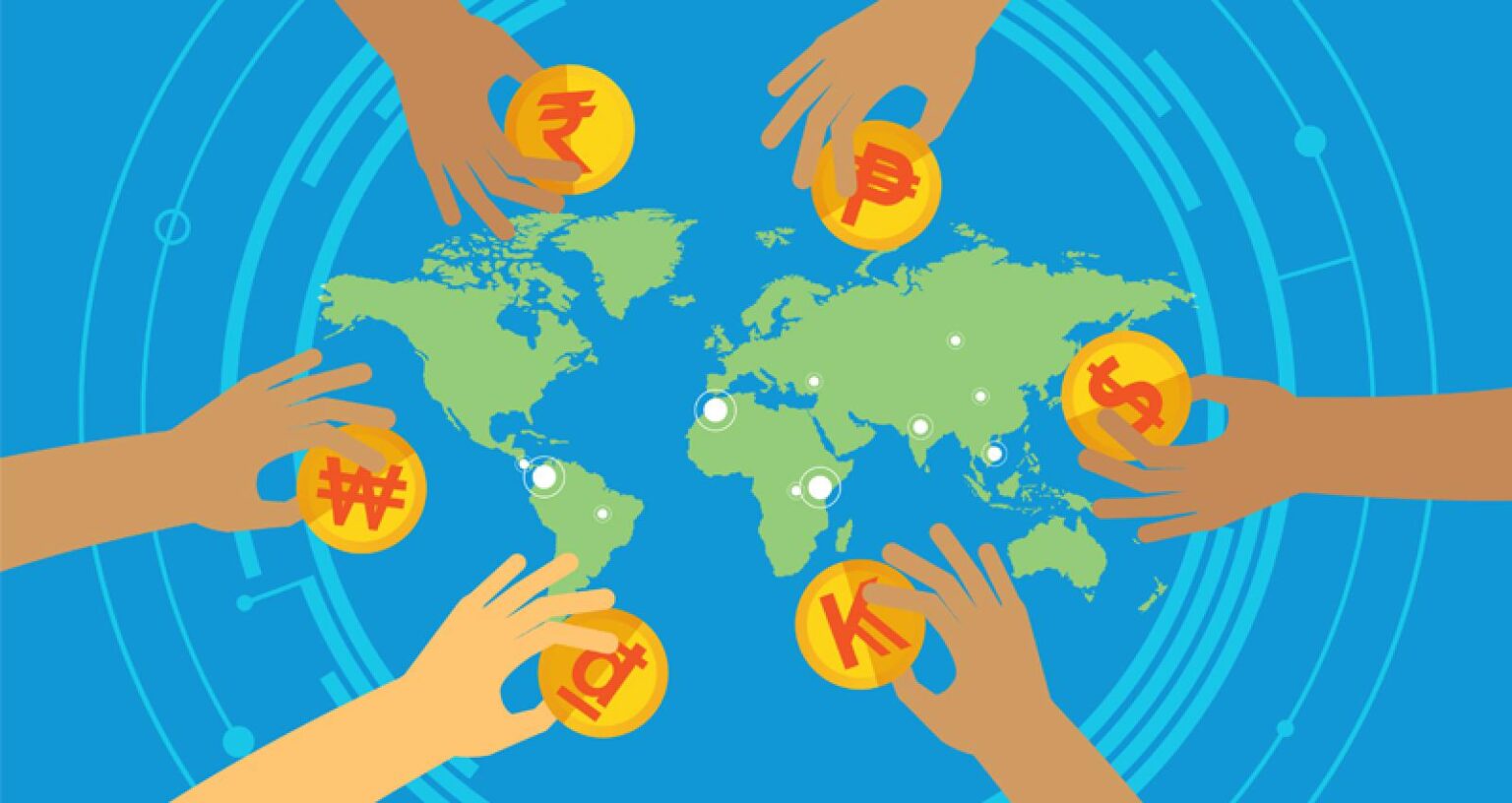Global Courant 2023-04-18 18:02:01
Amid significant global economic turbulence, all eyes were on the full-year results last week Spring Meetings of the World Bank and the International Monetary Fund (IMF) held in Washington, DC between April 10 and 16.
High on the agenda were the worsening debt and climate finance crises facing developing countries. New research of ActionAid published alongside the meetings highlights that 93% of the most climate-sensitive countries in the Global South – including Somalia, Malawi and Mozambique – “drowning in debt.” Alarming, almost two-thirds of these countries are slashing government spending to repay loans, hampering progress in financing vital climate resilience and sustainable development efforts.
A silent threat greatly exacerbates this budgetary disaster: the illicit trade, which robs governments of massive amounts of tax revenue each year while undermining medical, environmental and economic health. Strong measures to tackle Africa’s thriving counterfeit markets – namely traceability and authentication systems combined with regional regulatory cooperation – thus play a vital role in alleviating budgetary pressures and unlocking the continent’s potential.
Diagnose the problem
Like recently outlined in the French news magazine Le Point by Malick Diawara, a French-Senegalese economic journalist and chief editor of the website Le Point Afrique, Swiss private security company SICPA has a deep understanding of Africa’s illicit markets, acquired through years of providing its governments with high-tech security ink, traceability and authentication solutions to combat counterfeiting and fraud while increasing tax revenues.
In a recently published reportSICPA West Africa exposes the scale of illicit trade plaguing the health, energy and food sectors and concludes that anti-fraud traceability systems Are essential “in building an economy of confidence”, which Africa needs to achieve its inclusive and sustainable development transitions.
Health fraud is ringing alarm bells
The health sector in Africa is right in the firing line of illegal markets. Less than half of the continent’s population has access to adequate health care, while nearly 100 million Africans incur “catastrophic health care costs” each year – 15 million of whom are impoverished by out-of-pocket medical expenses that are responsible for an eye-watering 50% of health expenditure in the sub-Saharan region.
This situation has created fertile ground for the much cheaper counterfeit drug market, which has reached an estimated annual size of $200 billion according to the SICPA report. The World Health Organization (WHO) has reported that between 2013 and 2017, 42% of identified fraudulent medical products – which Involving counterfeit or mislabeled antimalarial drugs, antibiotics and vaccines – came from Africa, where they kill nearly half a million people in sub-Saharan Africa every year, including nearly 200,000 children.
With national health systems still reeling from the COVID-19 pandemic and SICPA to mark a peak of about 63% in zoonotic epidemics in Africa over the past decade, the health and budgetary implications of tackling the illicit market are all too clear.
Illegal food market casts a wide shadow
Apart from the impact on public health, COVID-19 has had a much less visible impact in Africa according to a 2022 study: fueling the fraudulent food market, particularly through the disruption of global supply chains.
According to the SICPA report, fraudulent goods are costing the global agri-food industry a staggering amount $30 to $40 billion annually, with olive oil and palm oil, fish, rice, sugar and alcohol among the most diluted, mislabeled or otherwise tainted products in Africa. Illustrating the economic threat to Africa, SICPA warns that the European olive oil sector of 3 billion euros loses no less than 1.5 billion euros annually to the counterfeit market. In addition, counterfeiting poses a particularly serious public health threat to the continent given its global leadership foodborne illness rate and the responsibility of food fraud for up to a quarter of all food safety incidents.
Moreover, this impact is disproportionately borne by the most economically vulnerable households, who are forced to buy cheaper, illegal goods, often without knowledge of the associated dangers. This problem has struck sharply in countries such as South Africawhere companies selling legitimate products are left at a competitive disadvantage by illegal traders driving prices down with appalling supply chain environmental standards.
Chaos of growing black holes in the energy sector
Aside from food, Africa’s sector most critical to the continent’s sustainable development, energy, is also heavily affected by the scourge of illicit trade.
According to the SICPA report $133 billion worth of fuels are either stolen, illegally refined and imported or otherwise counterfeited worldwide, with Africa at the forefront. Theft of crude oil cost Nigeria – the continent’s largest producer – $3.5 billion by 2021, a huge hole in the public treasury. The situation is equally grim in Libya, where 30% to 40% of hydrocarbons are stolen or diverted to third countries, while the Ghanaian government lost nearly $300 million in 2019 due to tax evasion in the energy sector, with illicit profits from fossil fuels used by military funded insurgencies and terrorism in Africa’s most insecure regions.
SICPA right emphasizes the biggest threat counterfeiting poses to renewable energy sources, particularly in terms of falsified ‘green’ credentials and hidden environmental impacts in supply chains. And given global energy”turning pointfor green energy announced by a new Ember reportAfrica could see a surge in fraud in the renewable energy market, with clear implications for both the African and European green transitions.
Government arsenal to fight back
Tackling the rampant illicit trade in Africa’s health, food and energy sectors is therefore an urgent priority. SICPA highlights high-tech solutions for tracking and authentication technology as essential components of the public policy response. In addition to protecting consumer health, effective anti-fraud systems generate significant tax revenue from the growth of legal sales, which governments can use to support essential services and promote socio-economic and environmental programs. The deployment of SICPA’s systems has as long as a major fiscal boon for a range of African countries, with reported spikes in tax revenue ranging from 44% in Kenya to 262% in Uganda.
In addition to traceability, regional regulatory harmonization measures are crucial for closing cross-border legislative and judicial gaps that criminal groups exploit. The East African Business Council (EABC) – whose member states lose between $500 million and $1 billion annually to counterfeit products – is developing promising measures to strengthen the state treasury, including a regional institutional framework and a centralized registry for imported goods. In addition, the regional Anti-Counterfeit Bill has set a strong example for the continent, which can help lay the foundations for thriving legal markets.
As the IMF and World Bank seek solutions to the debt and climate finance crisis in the South, the significant impact of illicit markets should not be overlooked. As Africa progresses through its health, energy and food transitions, the revenue and economic confidence generated by strong traceability and regulatory interventions will pave the way for a more inclusive and sustainable future.




